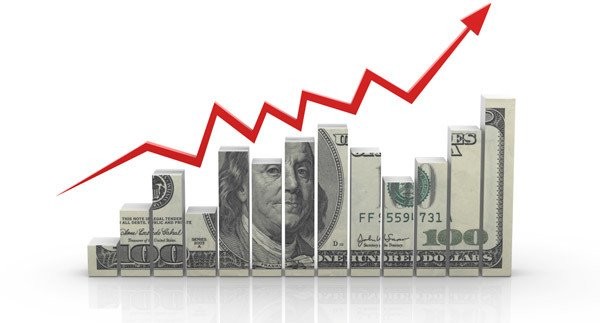In the ever-changing landscape of the modern workplace, employees must continuously adapt and grow to remain competitive and effective. While technical proficiencies and job-specific skills are paramount, there are core competencies that transcend all professions, acting as the linchpin to career success. Here are seven key skills every employee should have, regardless of their industry or role:
1. Communication
Effective communication is the cornerstone of any successful career. This includes both verbal and written skills, as well as the ability to listen and interpret information accurately. Employees must be able to articulate ideas clearly, convey complex information in an understandable way, respond to colleagues and clients professionally, and create well-structured written documents.
Ways to develop communication skills:
- Engage in active listening during conversations.
- Practice public speaking to improve verbal articulation.
- Take writing workshops to enhance written communication.
2. Specialized Proficiency
For sectors that necessitate the use of elevated work platforms, developing specific technical capabilities is of paramount importance. Ensuring competency in this area requires targeted training that encompasses the operation, safety protocols, and maintenance of EWPs.
Employees who master this skill set not only enhance their operational efficiency but also uphold critical safety standards. Such specialized proficiency is a testament to an individual’s dedication to their role and their commitment to workplace safety, setting them apart in industries where EWPs are indispensable tools. By investing in professional elevated work platform training in Newcastle, employees are equipped with a unique and valuable skill that contributes significantly to their team’s success and their personal career growth.
3. Problem-Solving
Problems are a constant in all workplaces, ranging from simple day-to-day issues to complex challenges. Employees who can approach problems analytically, think critically, and come up with effective solutions are highly valuable. This requires creativity, logical reasoning, and the ability to assess various options and their potential outcomes.
Ways to develop problem-solving skills:
- Approach challenges with a positive attitude, focusing on solutions.
- Brainstorm with others to expand your perspective.
- Work on puzzles or games that encourage critical thinking.
4. Teamwork
Collaboration with others is essential in most workplaces. Teamwork involves working effectively with diverse groups of people, contributing to group efforts, being willing to compromise, and knowing when to lead and when to follow. The strength of a team often lies in its ability to leverage the unique skills and perspectives of all its members.
Ways to develop teamwork skills:
- Participate in team-building activities.
- Volunteer for group projects or committees.
- Seek feedback from peers to understand your role in a team better.
5. Adaptability
In a world where change is the only constant, adaptability is a must. Employees who can adjust to new conditions and pick up new skills quickly are invaluable. This includes being open to learning, embracing new technologies, and being flexible with changes in processes, strategies, or roles.
Ways to develop adaptability skills:
- Push yourself out of your comfort zone regularly.
- Stay informed about industry trends and how they might impact your work.
- Learn a new skill that is outside of your primary area of expertise.
6. Time Management
Time is a limited resource, making its effective management a critical skill. Employees who can prioritize tasks, efficiently use their time, and juggle multiple projects simultaneously bring order to potential chaos. Good time management results in higher productivity and less stress.
Ways to develop time management skills:
- Use tools like calendars, planners, or digital apps to organize tasks.
- Set SMART (Specific, Measurable, Achievable, Relevant, Time-bound) goals.
- Reflect on your daily habits and eliminate time-wasting activities.
7. Emotional Intelligence
High EQ allows employees to communicate more effectively, handle conflicts, foster a positive work environment, and build better relationships with colleagues and clients.
Ways to develop emotional intelligence:
- Practice empathy by considering others’ perspectives.
- Reflect on your emotional reactions and identify triggers.
- Seek feedback about your interactions with others to improve your self-awareness.
Mastering these six key skills can dramatically improve an employee’s contributions to their team and organization. Investing time and effort into developing these competencies enhances job performance and accelerates career advancement. With the right blend of technical prowess and these foundational skills, employees can navigate the complexities of the workplace and achieve their professional goals.
Also, read: offshore company formation









